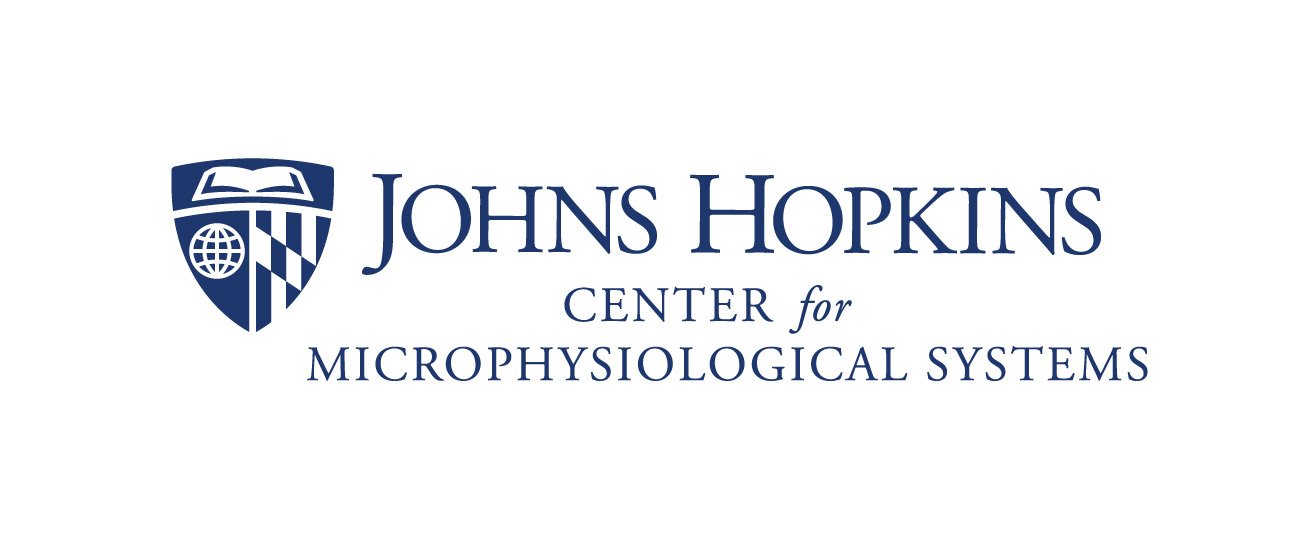Intelligence in a dish: Hopkins researchers advance biocomputing
Utilizing 3D cultures of human brain cells, Hopkins researchers found promising evidence that the future of biocomputing has the potential to be faster, more powerful and dramatically more energy-efficient than silicon-based computing and artificial intelligence. They have coined the term of this new concept as organoid intelligence. The team’s article, published in the journal Frontiers in Science,outlines their plans and goals for organoid intelligence.
So far, biocomputing has been limited to the use of DNA to store digital data. In order to continue developing biocomputing, major advances in the interfacing of brain cell cultures and computers are needed.
The team proposes connecting brain organoids — lab-grown tissues that resemble organs — to computers, sensors and machine interfaces to enable supervised and unsupervised learning. They also envision employing biofeedback to systematically train organoids with progressively more sophisticated sensory inputs and output opportunities.
Read the full news article at https://www.jhunewsletter.com/article/2023/03/intelligence-in-a-dish-hopkins-researchers-advance-biocomputing
